Kohila Kurunathan

CRAFT 2.0: Academic hospital network joins centre for research on microfluidic devices for human health.
CRAFT has been extended to 2028 and has expanded to formally include Unity Health Toronto, an academic hospital network and leading Canadian health research institute.

Globe and Mail: "The architecture of AI: U of T’s new research hub rises"
Alex Bozikovic for the Globe and Mail. Artificial intelligence has a new home in Toronto. A tapered block rises 12 storeys from the corner of College Street and Queen’s Park Crescent, its walls slanting inward on the way. Its cloak of concrete scatters sunlight off diagonal facets, evoking the stony majesty of a cliff face.
This enigmatic object is the University of Toronto’s new Schwartz Reisman Innovation Campus.

Mitacs funding to facilitate connection between industry and DSI Summer Undergraduate Data Science students
The umbrella funding for 30 internships is a reflection of the commitment by both DSI and Mitacs to equip industry and organizations, researchers and students with opportunities and skills needed to harness the power of data in real world applications.
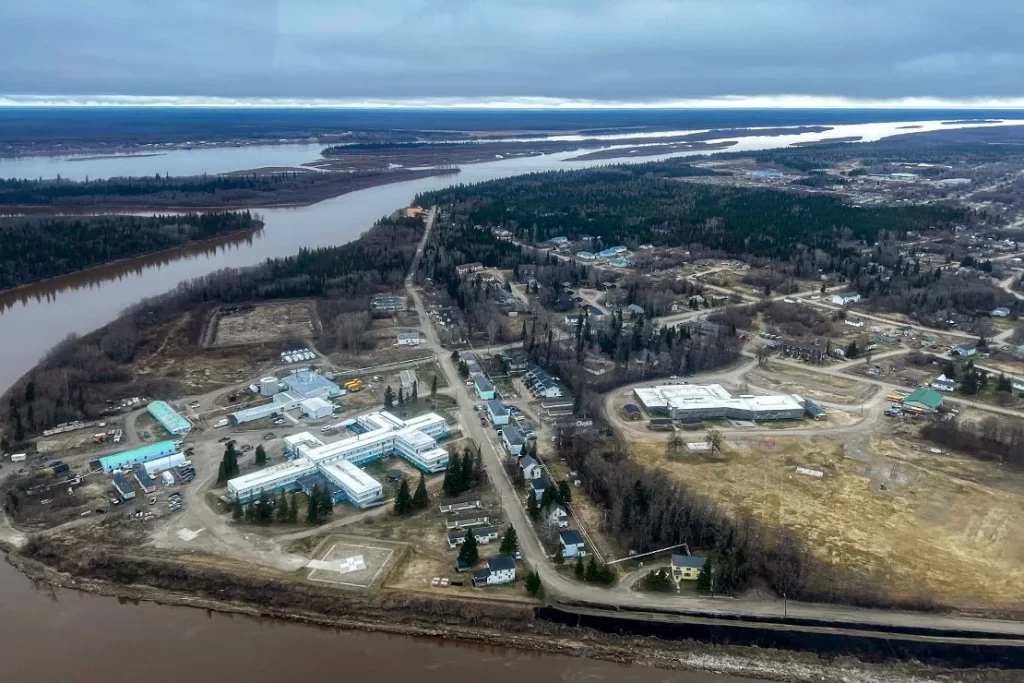
Weeneebayko Area Health Authority works to transform health care with support of UHN
Transform HF, a U of T institutional strategic initiative focused on digital innovation for heart failure care, is also supporting efforts to bring health care closer to home for the region's communities
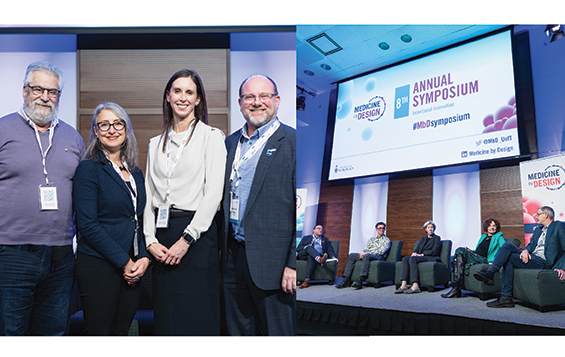
Medicine by Design symposium panel and announcement put a focus on intentional innovation through partnerships
Medicine by Design’s 8th annual symposium — themed “Intentional Innovation” — attracted more than 750 registrants and featured an announcement about a new strategic alliance between Medicine by Design and CCRM.
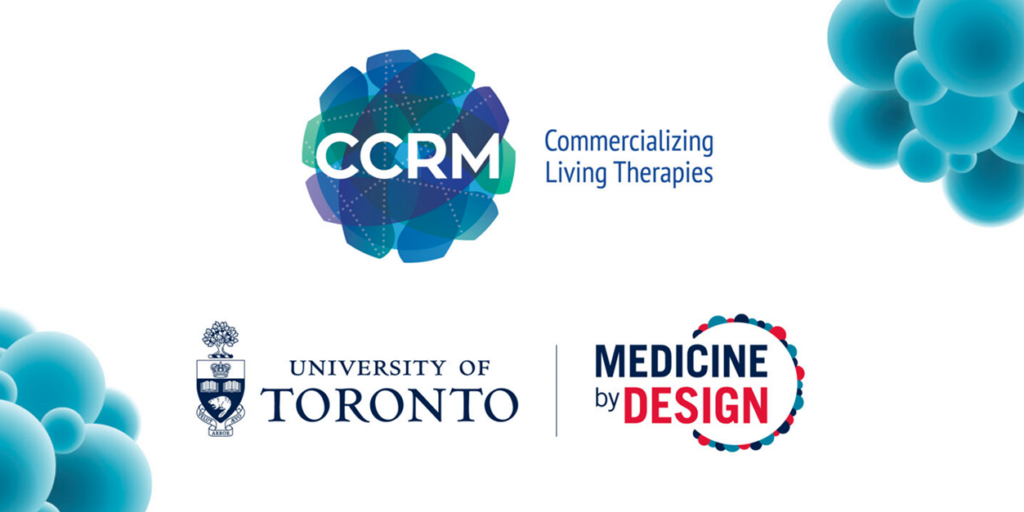
Medicine by Design, CCRM launch alliance to bolster Canada’s leading position in regenerative medicine
Medicine by Design and CCRM are launching a new strategic alliance that aims to unlock Toronto’s potential as a world-leading ecosystem for regenerative medicine.
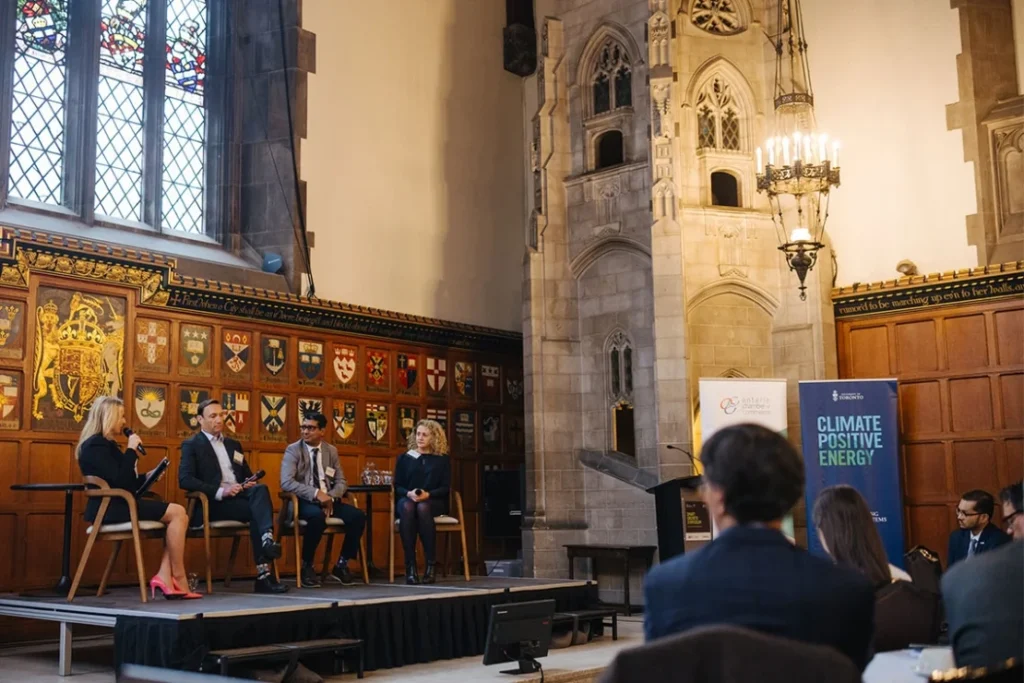
Smart and clean growth conference draws government leaders
From innovative clean technology to smart building standards, University of Toronto researchers are working with industry and communities to reduce emissions in infrastructure and transportation – and to support a cleaner energy grid.

U of T Data Sciences Institute trains workers in data analytics, applied machine learning
A new training initiative launched by the DSI is helping Canada meet its growing need for talent in data science and machine learning. Powered by Upskill Canada, the Data Science and Machine Learning Software Foundations Certificates aim to upgrade workers' skills in fast-growing fields
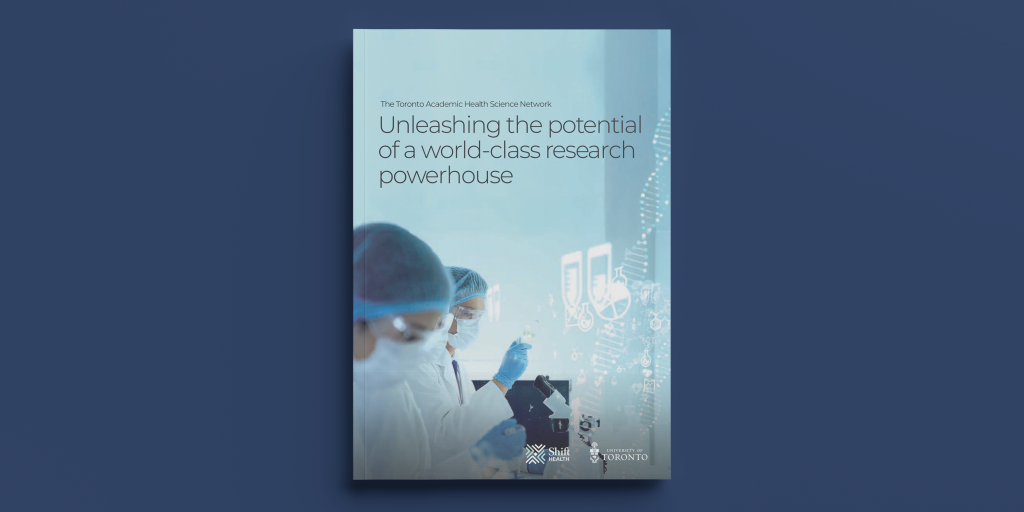
U of T-anchored hospital network among leading life sciences research hubs, report finds
The University of Toronto and its partner hospitals are propelling the Toronto region as a leading global hub for life sciences research – but its success is at risk from underinvestment. That’s among the findings of a new report that examines the strengths and challenges within the Toronto Academic Health Science Network (TAHSN) – which comprises U of T […]

U of T breaks ground on a new home for the Acceleration Consortium
The university recently held a groundbreaking ceremony to mark the expansion of the Lash Miller building on the St. George campus – a place that will serve as the new home of the Acceleration Consortium while providing improved facilities for the department of chemistry.

U of T 'self-driving lab' to focus on next-gen human tissue models
The Self-Driving Laboratory for Human Organ Mimicry is the latest self-driving lab to spring from a historic $200-million grant from the Canada First Research Excellence Fund to the Acceleration Consortium
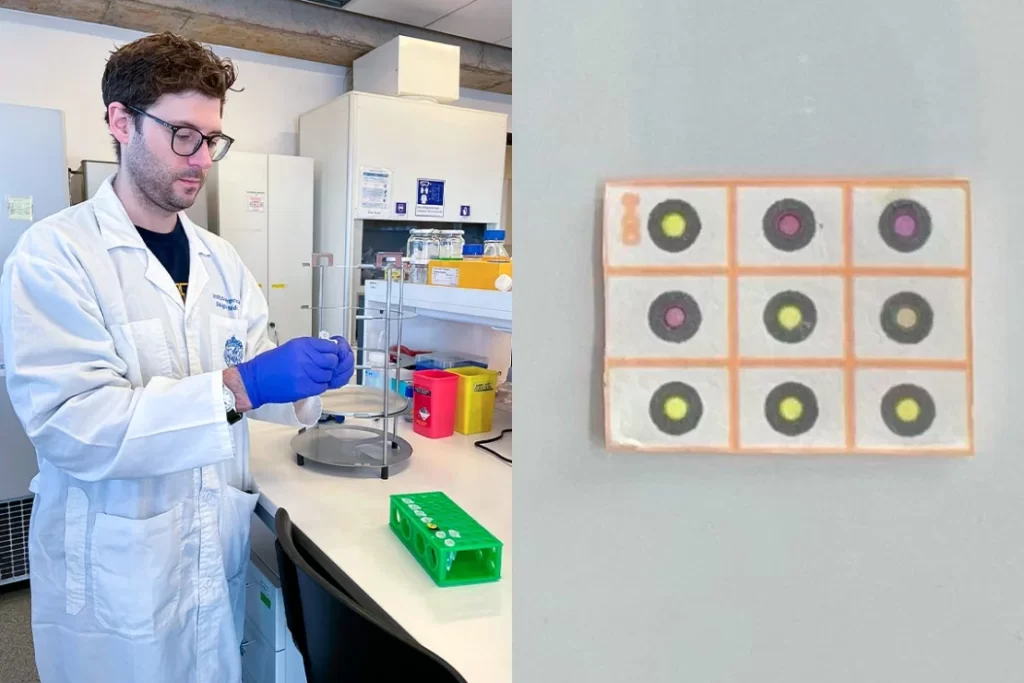
U of T PhD student uses synthetic biology to create low-cost diagnostic tools
A relatively new field of research, synthetic biology applies engineering principles to recreate fully functional biological systems. Justin Vigar, the recipient of a doctoral award from EPIC, believes it can improve the health and lives of people around the world.
